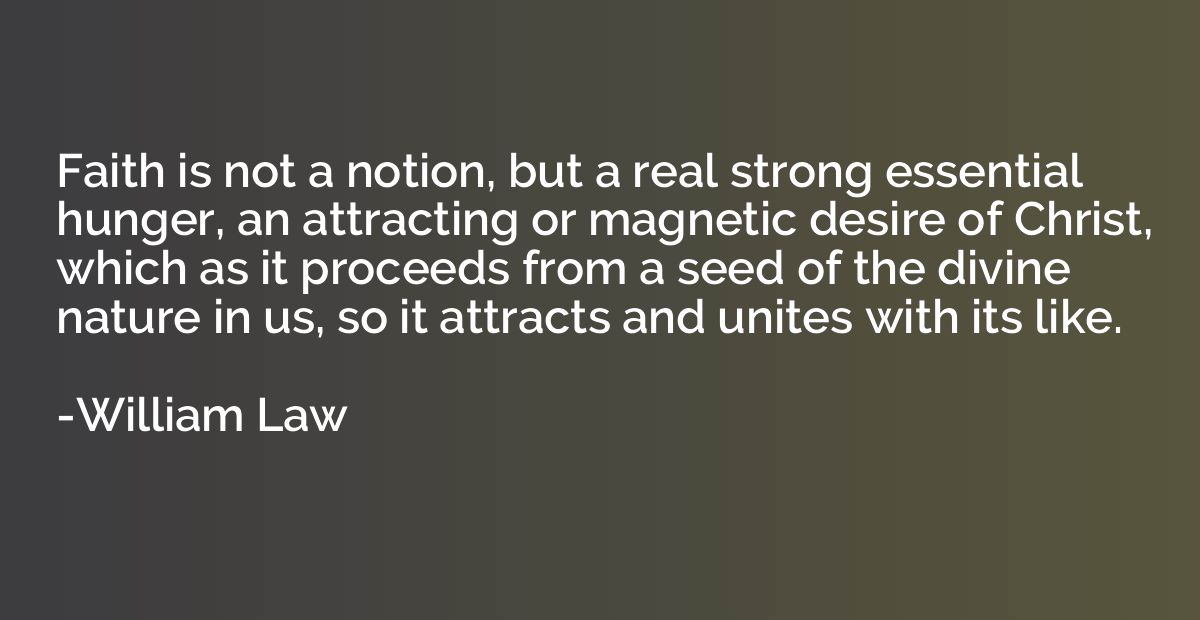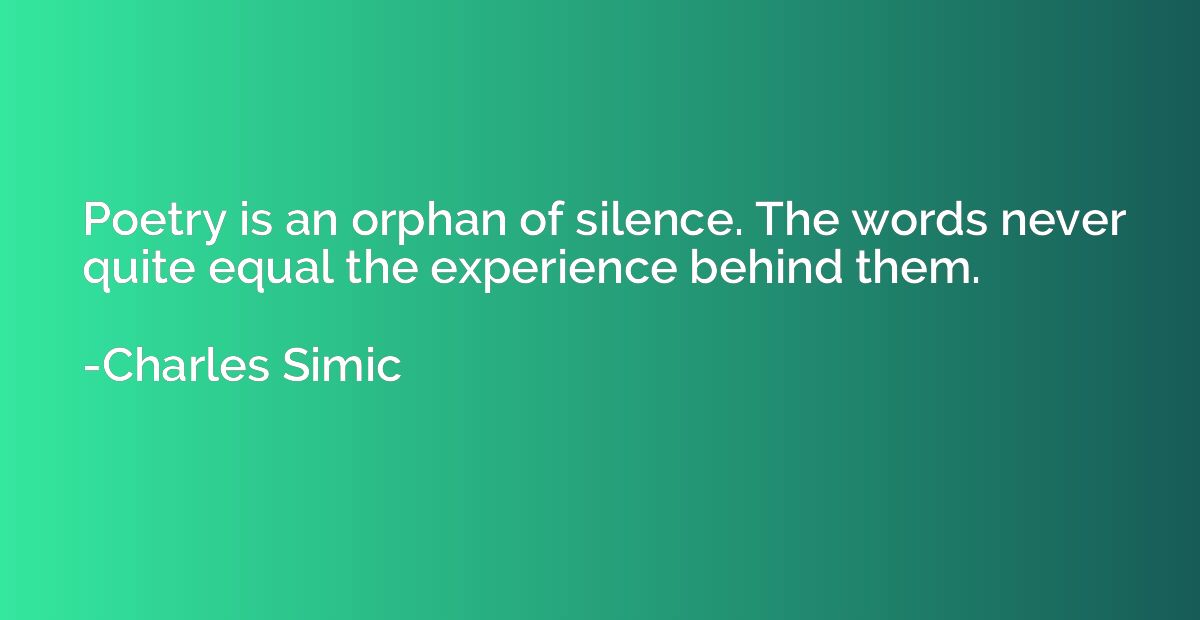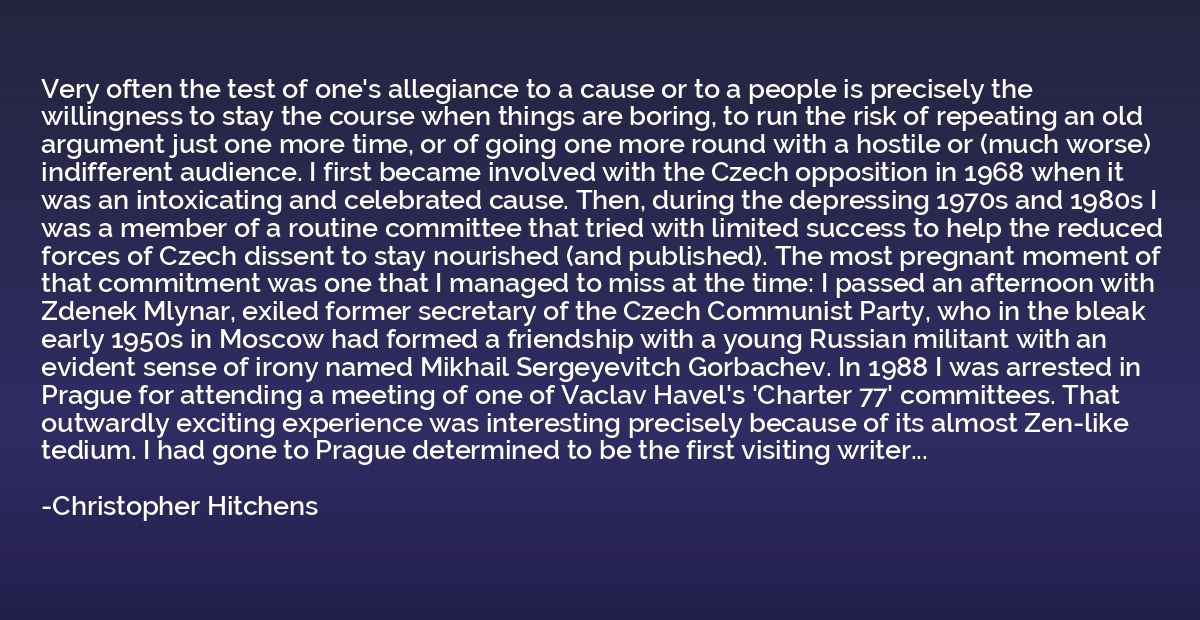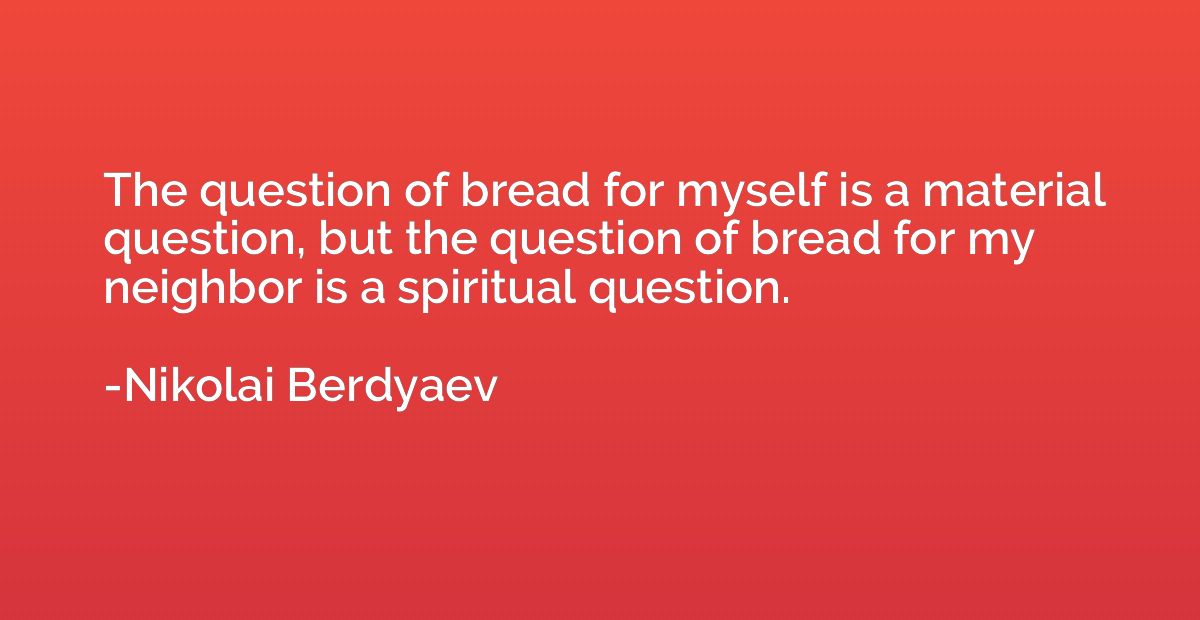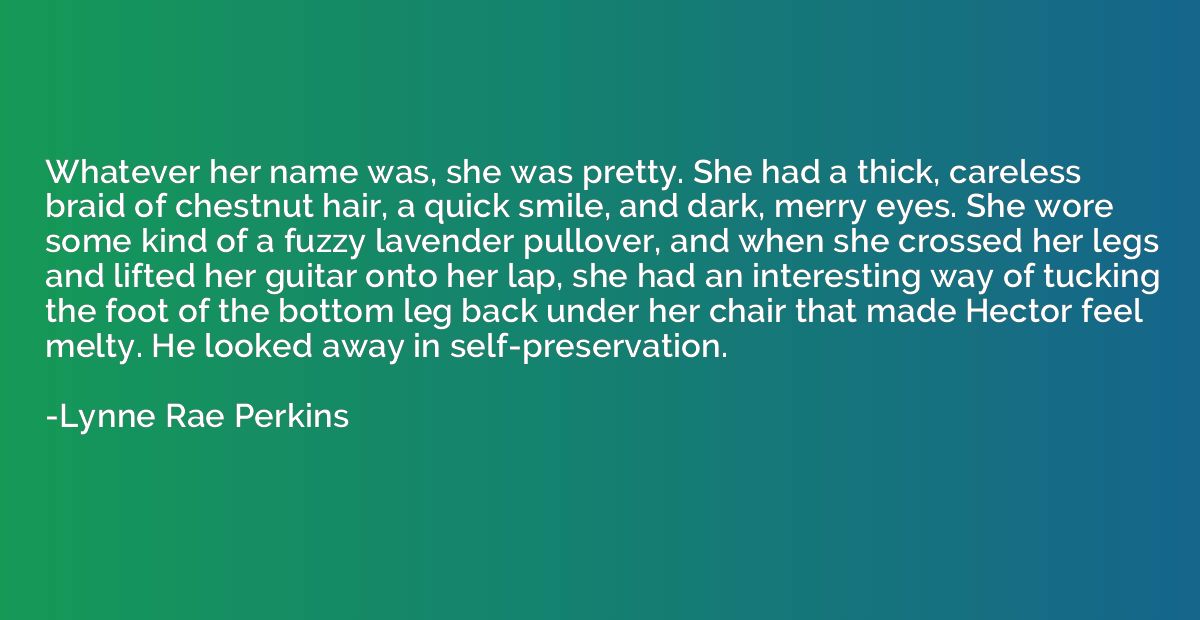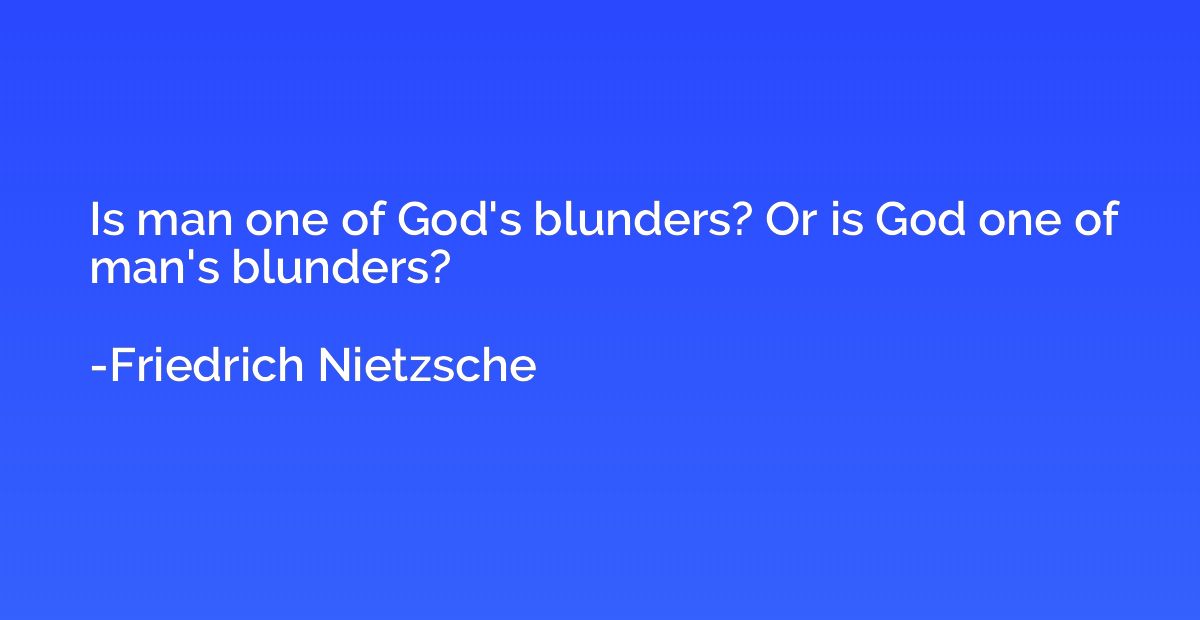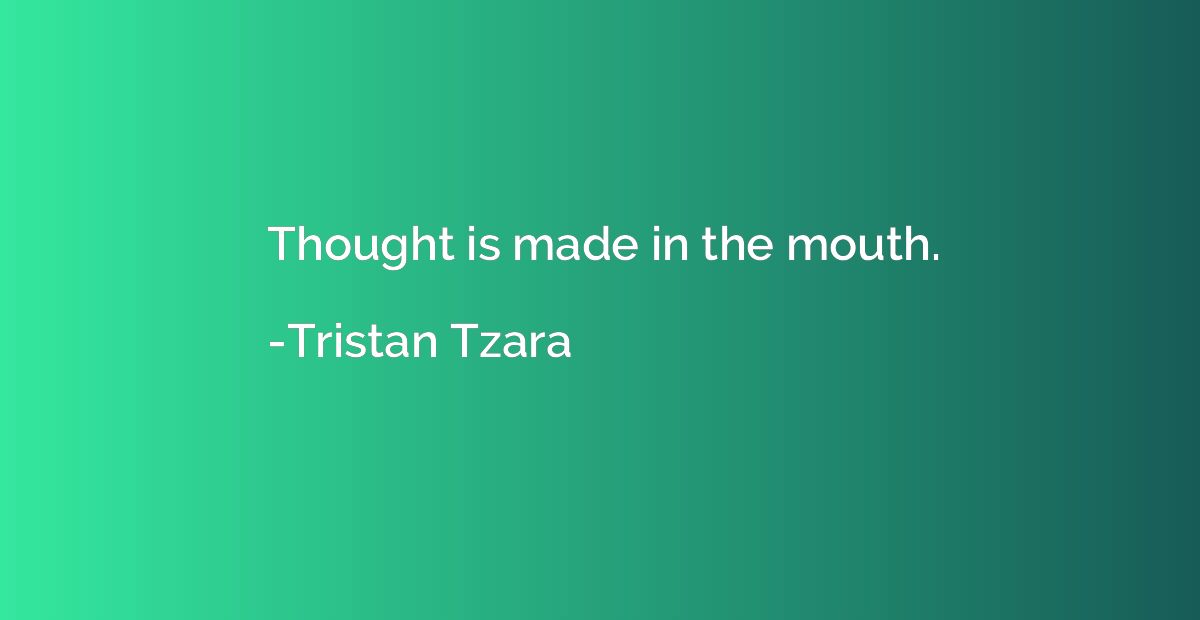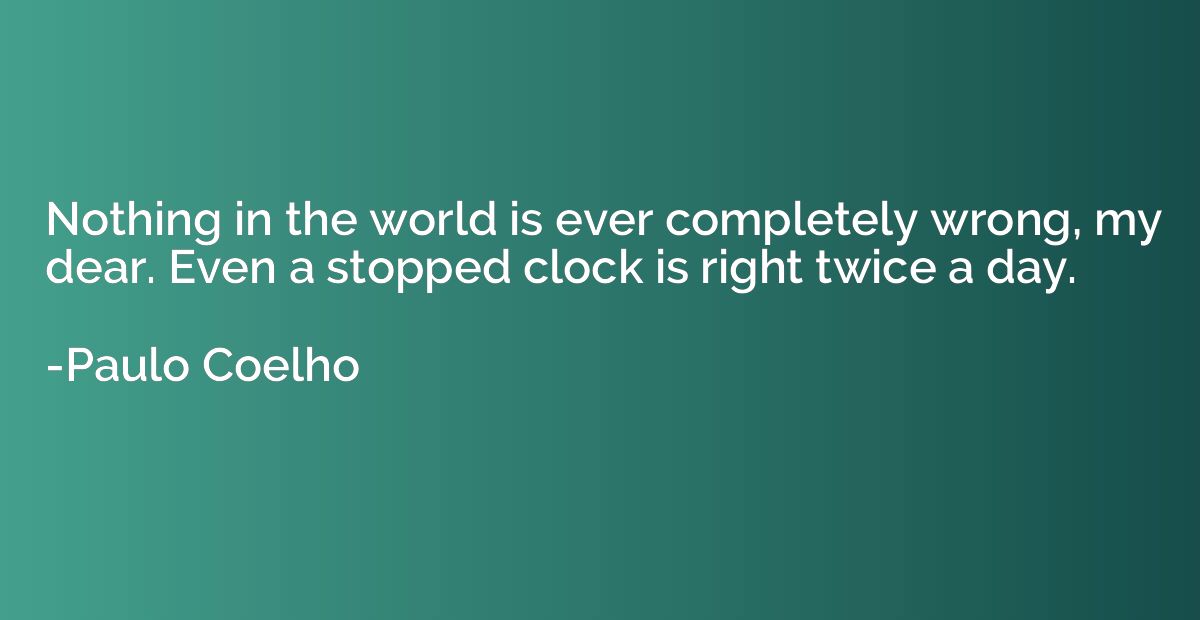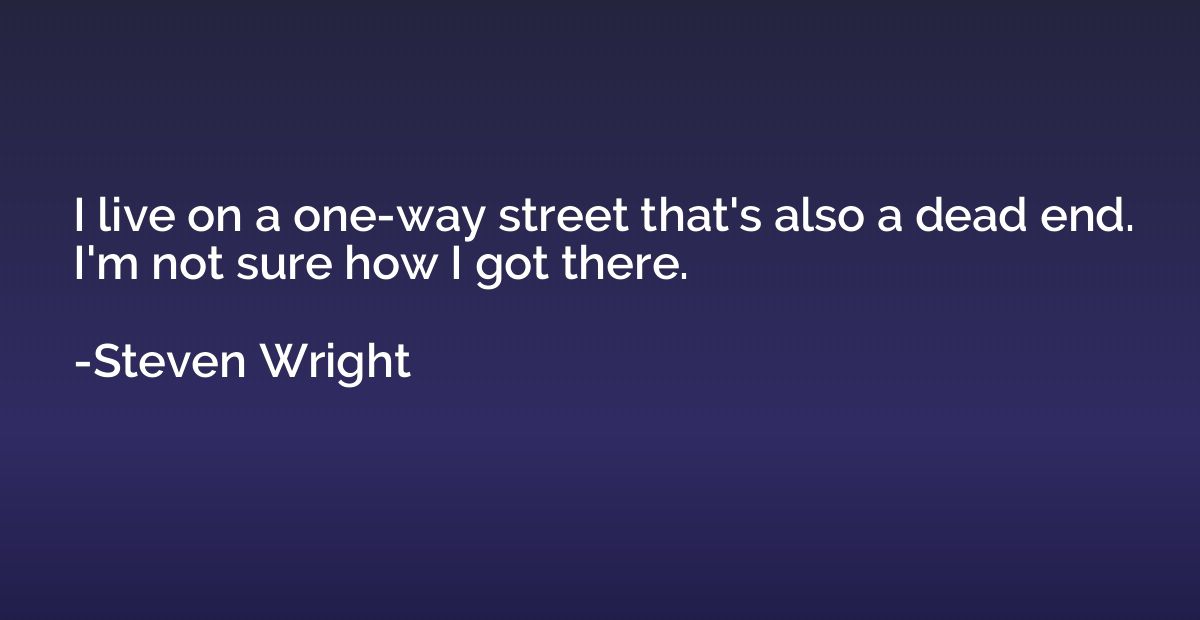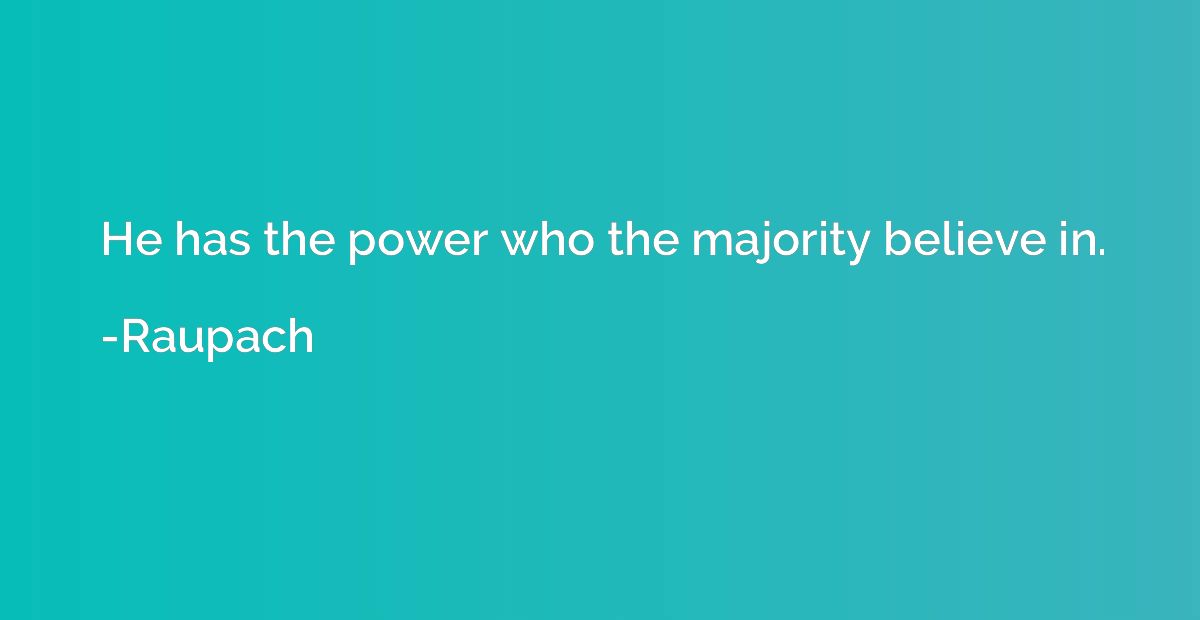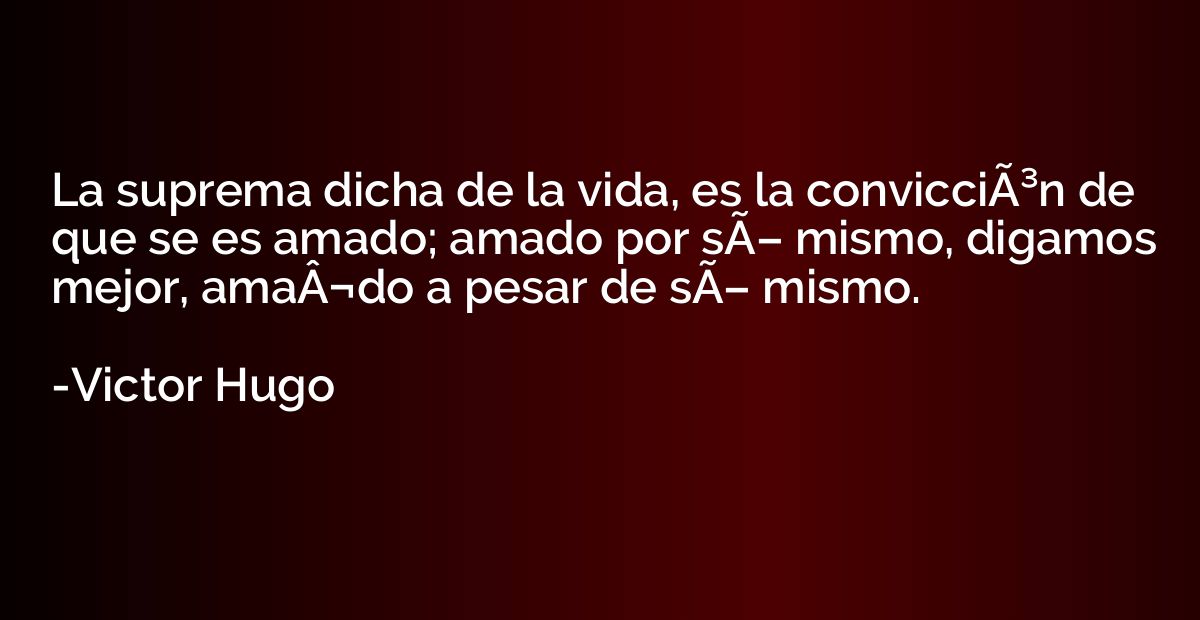Quote by Jacob M. Braude
Consider how hard it is to change yourself and you'll understand what little chance you have in trying to change others.
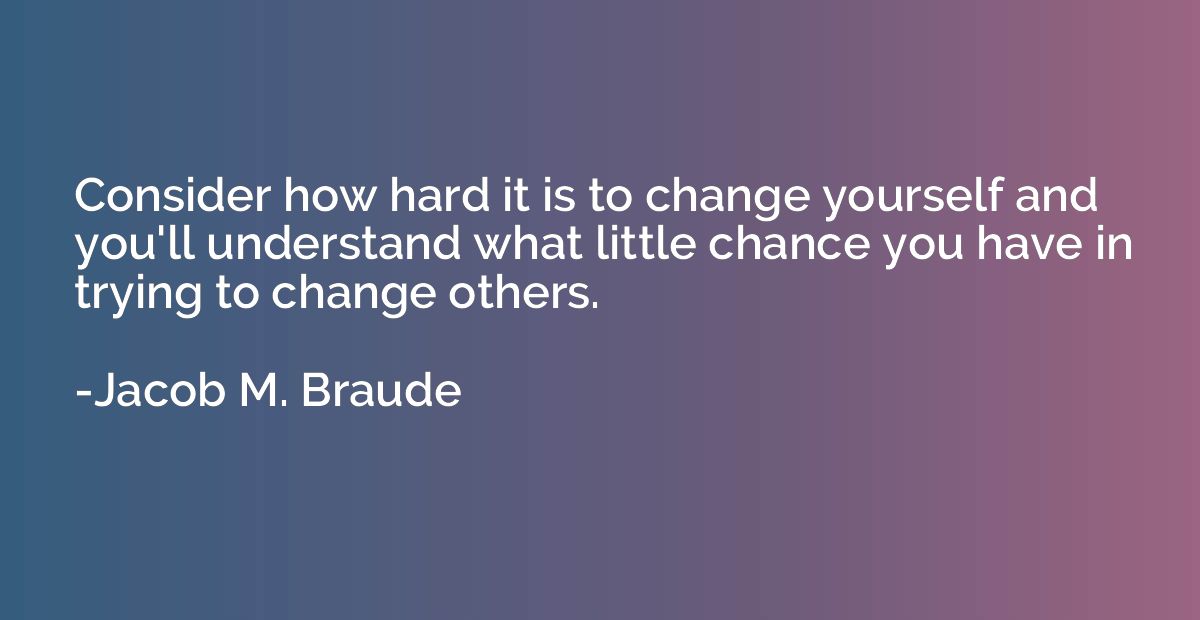
Summary
This quote highlights the difficulty of personal change by suggesting that if changing oneself is already a challenging task, then attempting to change others becomes even more improbable. It implies that self-improvement requires significant effort and introspection, emphasizing the importance of recognizing one's own limitations and the futility of attempting to manipulate or control someone else's nature or behavior. The quote serves as a reminder to focus on personal growth and acceptance rather than futilely trying to alter others.



